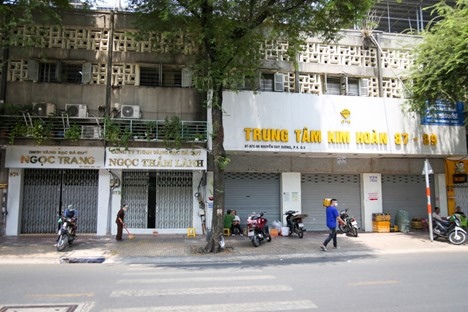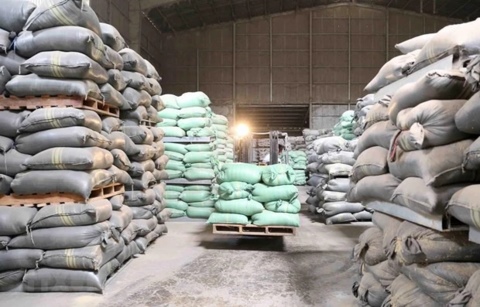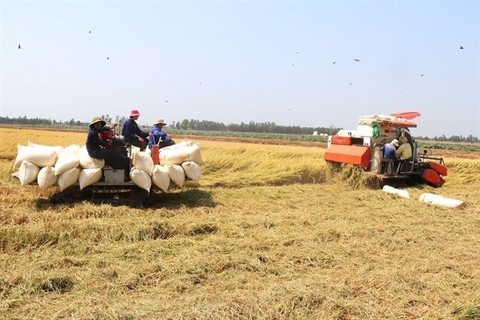Coffee industry needs private-public partnerships
Coffee industry needs private-public partnerships
Public-private partnerships, better use of technology, and improved value-chain linkages are needed to ensure the sustainable development of the coffee industry, experts said at a meeting on December 4 in HCM City.

Do Nguyen Anh Tuan, deputy director of the Viet Nam Coffee Coordination Board (VCCB), said the coffee industry should raise product value to increase the income of all stakeholders involved in the value chain.
To maintain stable outputs for exports, Viet Nam should replace at least 120,000ha of old coffee trees that have poor yields.
“This is a challenging task for the agricultural sector, which needs to have public-private partnerships (PPP) between the state, enterprises and farmers,” he said.
Despite existing challenges to the industry, many innovative processing and production projects implemented by ministries, provinces and organisations have been successful in localities that produce coffee.
Global and regional coffee organisations as well as coffee production and processing enterprises have been taking part in such projects, but the industry as a whole still faced many challenges, especially low quality.
Most coffee beans in Viet Nam are sold raw and not processed, resulting in low export value, he said.
Production of coffee is also facing severe competition with other crops and industries, in addition to being affected by climate change and unusual weather events.
The challenges have significantly affected productivity, efficiency, income and the sustainable development of the industry.
Dang Kim Son, senior agricultural expert, said it was important to promote PPPs between enterprises, the state and farmers to increase scale of production and ensure market stability.
Ineffective support policies and a limited State budget, however, are affecting coffee production and trade.
Moreover, there are few PPPs in the field of coffee production except for Nestle Viet Nam, according to the Department of Cultivation under the Ministry of Agriculture and Rural Development.
The Nestle Plan has been implemented in Central Highland provinces since 2011 with an aim to ensure sustainable coffee development by improving productivity and quality of products and increasing farmers’ incomes.
The plan has helped farmers increase productivity by 17 per cent, while farmers’ average income has gone up by 14 per cent, thanks to the use of technologies to save water in coffee cultivation.
In the eight years of the PPP project, Nestle Viet Nam has trained 200,000 farmers and provided 20 million seedlings to replace 20,000 ha of aging coffee trees.
However, the project only accounts for 17 per cent of the area of coffee that needs to be replaced.
Ambitious targets
Viet Nam aims to increase the value of coffee products by processing more than 25 per cent of its coffee beans by 2020, according to the Ministry of Agriculture and Rural Development.
The country hopes to increase the output of roasted coffee from 26,000 tonnes at present to 50,000 tonnes by 2020, mainly for domestic sale.
Processing coffee is a stage that creates the highest added value from VND70 million to VND100 million (US$3,004 to $4,291) per tonne of coffee beans.
However, processed coffee makes up less than 10 per cent of total coffee production nationwide.
The Central Highlands province of Dak Lak is a key coffee area of the country, but its processed coffee only comprises about 10 per cent of total coffee beans.
The locality has 163 coffee processing facilities, mainly operating on a small-scale, including five invested in by foreign firms.
Viet Nam exports over 95 per cent of annual coffee production to 80 countries.
This year, Viet Nam expects to export 1.7 million tonnes of coffee, earning $3.5 billion. The export value of coffee is estimated to contribute about 9 per cent to the total export value of farming, forestry and seafood products this year.
Viet Nam is the world’s second largest coffee exporter after Brazil.
Viet Nam exported 1.46 million tonnes of coffee worth $2.77 billion in the first nine months of 2018, an increase of 20.1 per cent in volume and 0.4 per cent in value compared to the same period last year.















